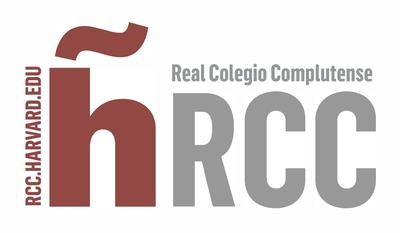Date:
Location:
In the era of global supply chains, the European Union does not want to be left behind. Although roads are still the prevalent means of transportation, the EU wants to drive change fostering railways. The plan is to better interconnect the communitarian countries and thereby make Europe more competitive.
But is this the only reason? After Brexit, the European Union wants to prevent such exits from happening again. Communitarian institutions work across many fields to develop policies, standards, and bilateral agreements. But what impacts EU citizens most? What people care most about is tangible things: “In the past I had to show my passport to enter another country. Now I don’t.”; “I do not have to spend money and time changing currency. I just use the Euro for my summer holidays in the neighboring country.”
The Mediterranean Corridor TEN-T Project will involve significant supply chain management work, apart from building the structures, such as harmonizing the signaling system or the safety system. But what people will care the most about is the service they will receive. A means of transportation, such as a good railway network, that will quickly connect people and businesses across countries, is one such tangible thing. It will reinforce the perception of being united, thus driving a major transformation, and the EU does not want to lose any momentum leveraging this tool for change.

Speaker: Juan Carlos Coloma López, MIT Supply Chain Management Master Candidate
